Tata Harrier.ev 2025 – India’s Flagship Electric SUV with 7 Dynamic Advantages
The future of mobility in India is shifting rapidly towards electrification, and Tata Motors is leading the charge. Known for its innovation and dominance in the EV space, Tata is now bringing a flagship electric SUV that combines bold design, advanced technology, and sustainable performance — the Tata Harrier.ev.
As the demand for premium electric SUVs rises, the Tata Harrier.ev is positioned to redefine what Indian buyers expect from a homegrown EV. Let’s explore why this new electric SUV is one of the most anticipated launches of 2025.
Why the Tata Harrier.ev Matters
Tata Motors has already established itself as a pioneer in India’s electric vehicle market with models like the Nexon EV, Tiago EV, and Punch EV. But the Tata Harrier.ev takes things to the next level — a premium, full-sized SUV designed not just for city commutes, but also for long-distance drives, comfort, and performance.
It represents Tata’s ambition to challenge global automakers in the premium EV SUV space while still keeping Indian buyers at the center of its innovation.
Key Highlights of Tata Harrier.ev
1. Striking Design Language
The Tata Harrier.ev carries forward the strong, bold stance of the ICE Harrier but adds futuristic EV-specific styling. Expect sleek LED DRLs, a closed-off front grille for aerodynamic efficiency, new alloy wheels, and a refreshed rear design with LED light bars. The SUV looks modern yet muscular, making it one of the most stylish EVs in its category.
2. Advanced EV Architecture
The Tata Harrier.ev is based on Tata’s new Gen 2 EV architecture, offering improved battery efficiency, better safety, and enhanced space utilization. This advanced platform allows flexibility for larger battery packs and dual-motor setups.
3. Performance and Range
Though official specifications are yet to be revealed, the Tata Harrier.ev is expected to offer a driving range of 450–500 km on a full charge, making it ideal for both daily commutes and long highway drives. Higher variants could include all-wheel drive (AWD) options, providing powerful performance and off-road capabilities.
4. Premium Interiors
Inside, the Tata Harrier.ev will feature a spacious and modern cabin. Expect a large touchscreen infotainment system with connected car features, a fully digital instrument cluster, premium upholstery, and panoramic sunroof options. Tata is also expected to focus on eco-friendly, sustainable materials in the cabin design to align with the EV’s green philosophy.
5. Safety First
Tata Motors has earned a reputation for prioritizing safety, and the Tata Harrier.ev is likely to come with advanced driver-assistance systems (ADAS), multiple airbags, ABS with EBD, electronic stability control, 360-degree cameras, and hill assist features. This could make it one of the safest electric SUVs in India.
Tata Harrier.ev vs Competitors
The Tata Harrier.ev will compete in the premium EV SUV segment against models like:
- MG ZS EV
- Hyundai Kona Electric
- BYD Atto 3
- Upcoming Mahindra XUV.e8
While international rivals may offer advanced technology, the Tata Harrier.ev will stand out with its value-for-money pricing, strong service network, and India-specific engineering.
Expected Price and Launch Timeline
The Tata Harrier.ev is expected to launch in early 2025 with an estimated price range of ₹22–28 lakh (ex-showroom) depending on the variant. With government EV subsidies and Tata’s competitive pricing strategy, it will be positioned attractively compared to global rivals.
Who Should Consider the Tata Harrier.ev?
The Tata Harrier.ev is designed for buyers who want:
- A premium electric SUV with modern design and strong road presence.
- A long-range EV suitable for both city and highway drives.
- A safe, feature-packed SUV built on India’s trusted Tata DNA.
- An eco-friendly alternative to traditional fuel-guzzling SUVs.
For urban families, eco-conscious professionals, and early EV adopters, the Harrier.ev could be a perfect blend of luxury, performance, and sustainability.
Travel Smart – Pair It with Easy Charging Networks
One of the biggest concerns for EV owners is charging convenience. Tata Power’s expanding charging infrastructure ensures the Tata Harrier.ev can be charged easily across highways, cities, and even remote areas. Apps like PlugShare and Tata EZ Charge make finding nearby charging stations simple, turning long journeys into hassle-free experiences.
Final Verdict
The Tata Harrier.ev is not just another addition to Tata’s EV lineup — it’s a statement of how Indian automakers can deliver premium, futuristic, and practical electric vehicles that rival global competition. With its bold design, long range, and advanced technology, the Harrier.ev is poised to become India’s flagship electric SUV.
For buyers seeking a powerful, eco-friendly SUV that combines luxury with reliability, the Tata Harrier.ev could be the perfect choice in 2025.

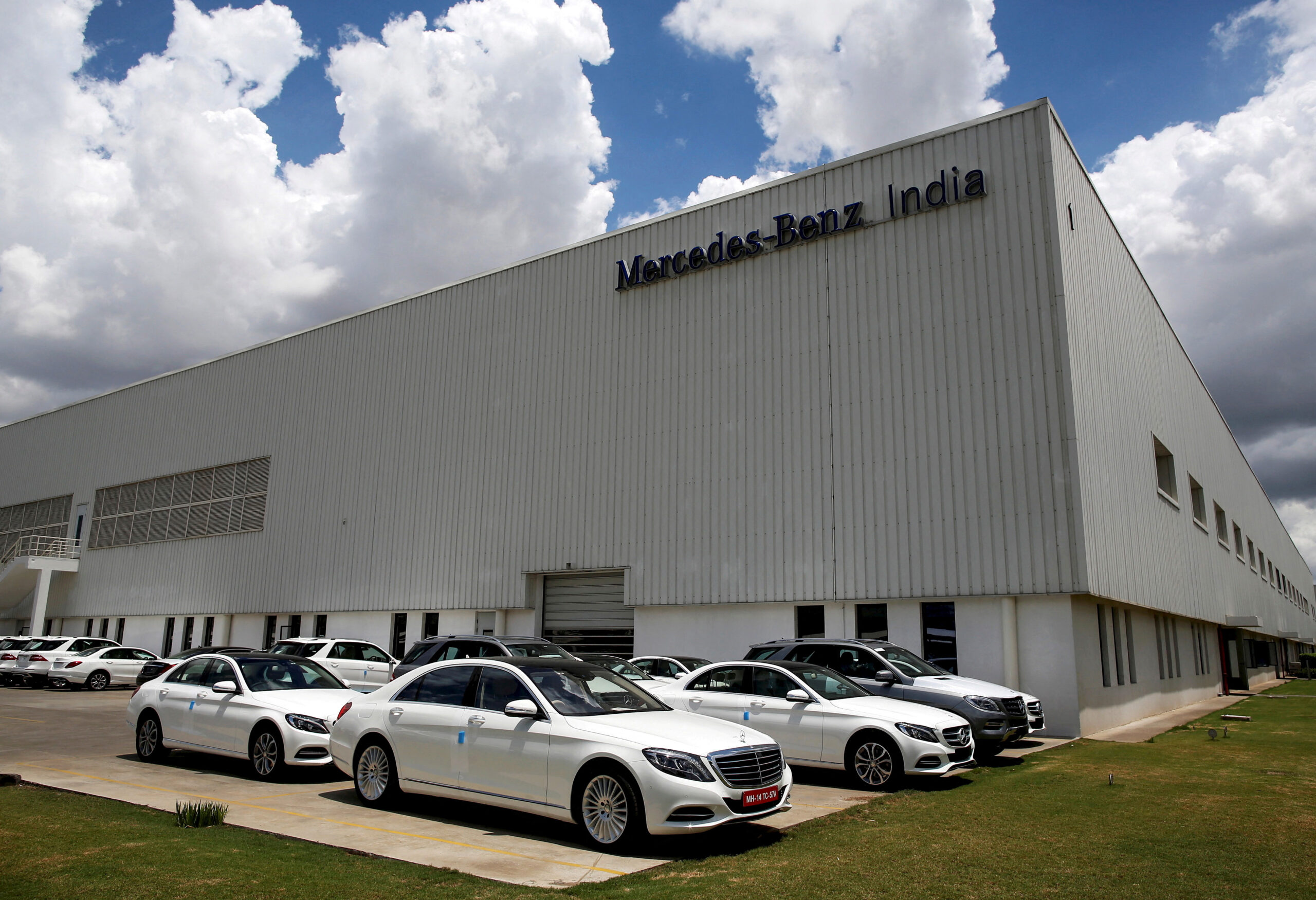
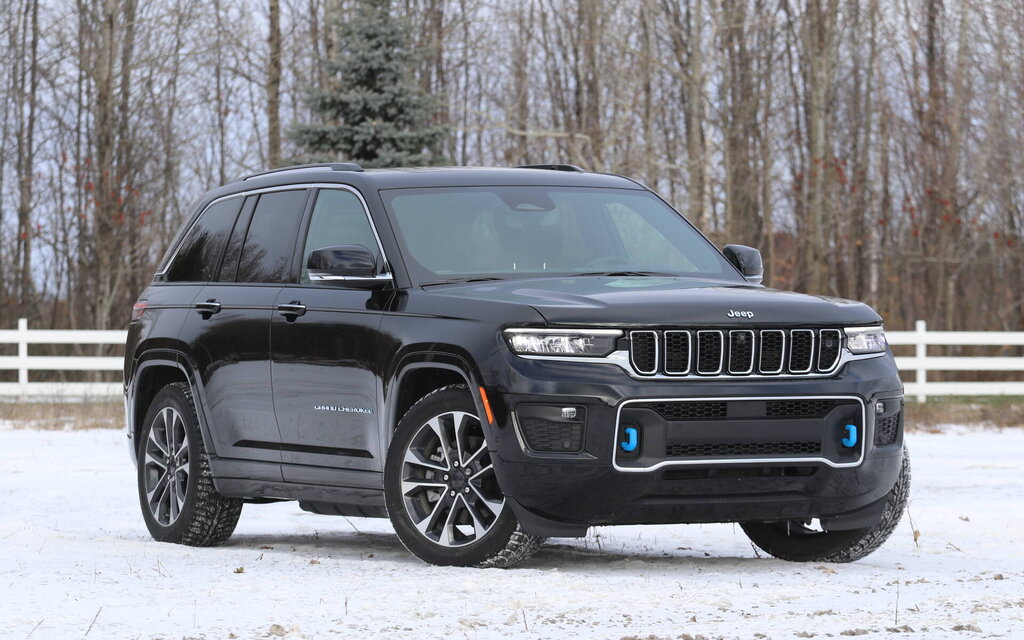
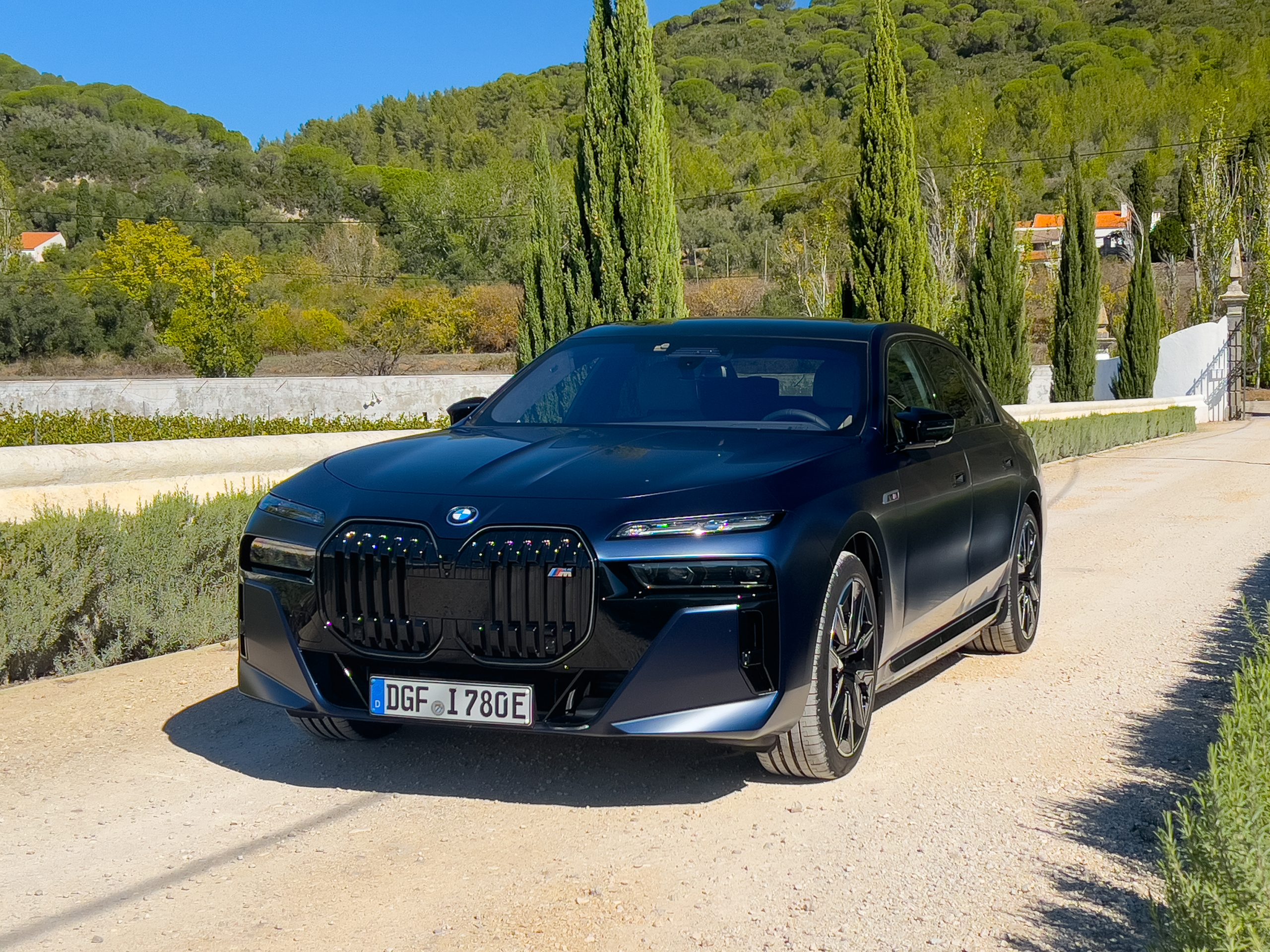
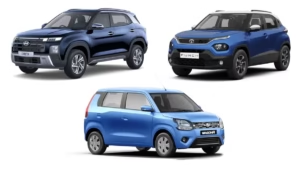

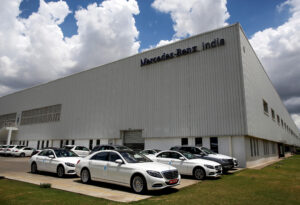
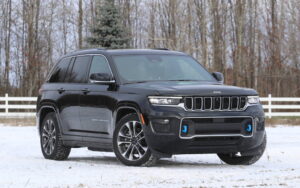
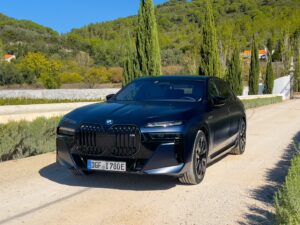
Post Comment